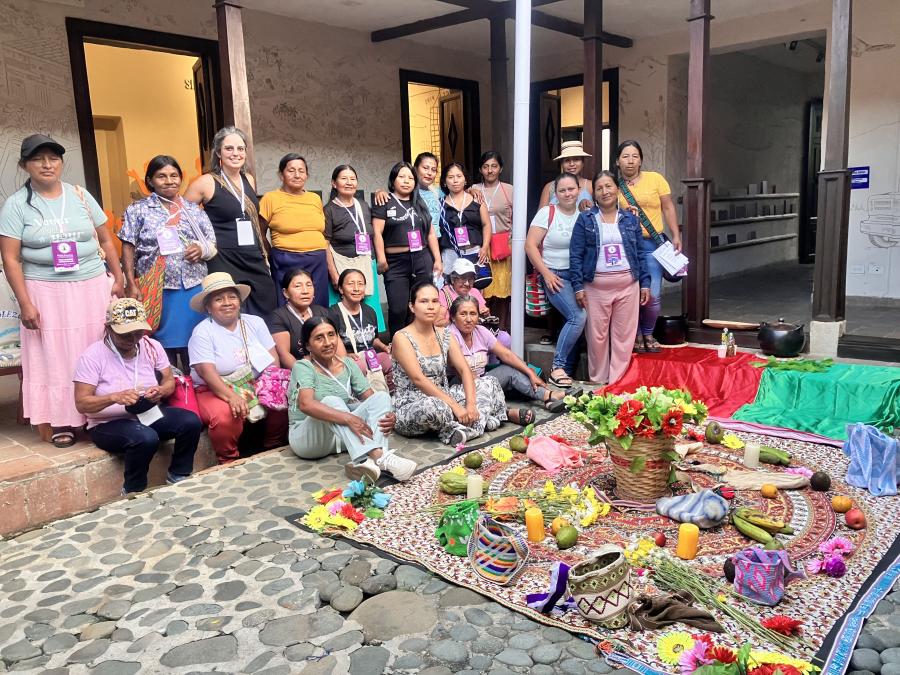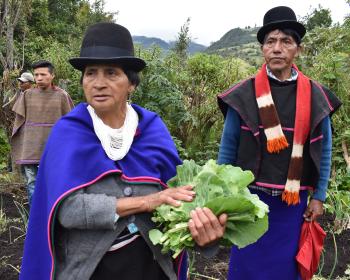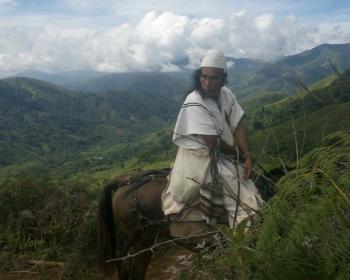In August, during the UN Committee on the Elimination of Racial Discrimination’s (CERD) 75th Session, Colombia, Peru, and the Philippines were among the states that were reviewed for their adherence to and implementation of the UN Convention on the Elimination of Racial Discrimination. CERD raised many concerns about ongoing discrimination against Indigenous Peoples and made concrete recommendations on how the three states can improve their record in its Concluding Observations.
The committee raised many concerns about Colombia’s armed conflict and its disproportional impact on Indigenous Peoples, as well as killings of Indigenous leaders, massive and individual displacements, extra-judicial executions, forced recruitment and enforced disappearances in the context of the armed conflict where there was direct involvement of state agents. The committee urged that any violations of human rights are promptly investigated and punished and that resources be set aside to protect civilian populations and pay reparations to victims and families. It was also noted that Indigenous Peoples face unnecessary bureaucratic hurdles in dealing with their land claims, particularly in conjunction with large development projects.
In the case of the Philippines, CERD’s observations are similar to those relating to Colombia and are heavily weighted toward human rights violations against Indigenous Peoples disproportionately affected by armed conflict and internal displacement. The committee was “concerned that leaders of these communities continue to be victims of extrajudicial executions as well as of disappearances and detention.” It was also concerned about “reports indicating occupation of indigenous territories by the armed forces and armed groups.” The committee also recommended an independent review of the laws and processes for Indigenous Peoples to claim their land rights. The Committee urged the Philippines to fully implement the country’s Indigenous Peoples' Rights Act, especially in terms of land rights and economic development. Finally, CERD recommended that the Philippines ratify the International Labor Organication’s International Convention on Indigenous and Tribal Peoples (No. 169).
CERD told Peru’s government it should not allow oil and gas drilling on indigenous peoples’ land without their free, prior, informed consent. CERD expressed its concern at the “serious tension in the country, which has even triggered violence, and has been generated by the exploitation of the sub-soil resources traditionally belonging to indigenous peoples.” Regarding the Bagua massacre, CERD’s endorsed the recommendation, made by the Special Rapporteur James Anaya calling for an independent investigation of the conflict in northern Peru, in which more than 30 people died in June 2009. In relation to the problem of identifying “Indigenous Peoples” in Peru, they are still officially categorized as “natives” and “peasants", and CERD insisted on self-identification as the criteria and the use of the recognized term “Indigenous Peoples.” Concerning the right to free, prior, and informed consent, The committee urges the state party to consult with Indigenous communities involved in every stage of the process and obtain their consent before implementing the projects for extraction of natural resources.”
To read the full Reports go to : http://www2.ohchr.org/english/bodies/cerd/cerds75.htm



